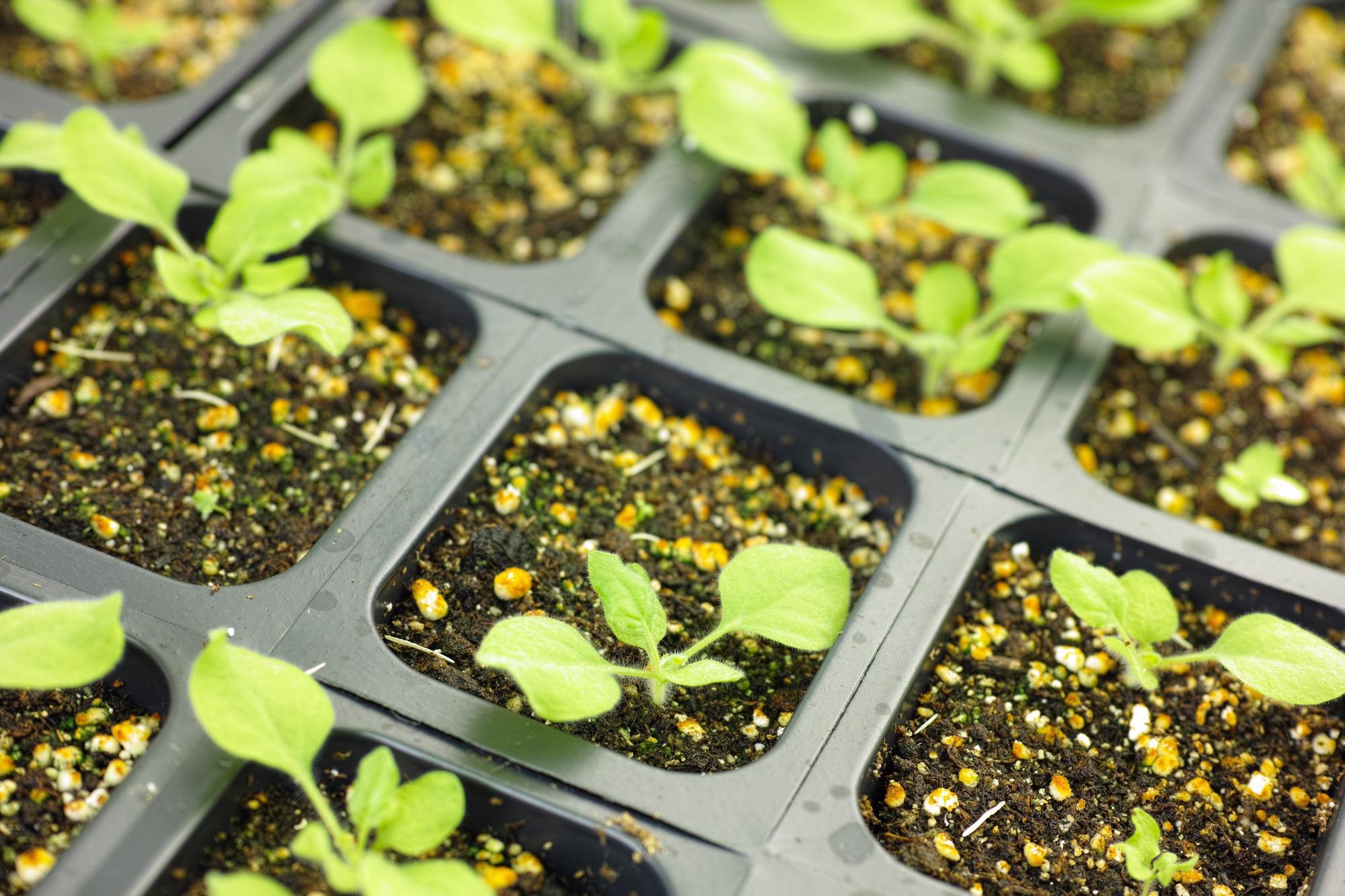The coronavirus disease 2019 (COVID-19) pandemic has wreaked havoc for over two years and adversely impacted global health and the economy. Although more than 11.4 billion COVID-19 vaccines have been administered worldwide so far, and despite the vaccines being effective against severe disease, the persistence of COVID-19 infections with the continual emergence of novel SARS-CoV-2 mutants underpins the development of newer therapeutic and prophylactic measures.
Monoclonal antibodies (mAbs) are biologic therapeutics used to treat various conditions, including cancers and infectious diseases. Neutralizing monoclonal antibodies (nAbs) against SARS-CoV-2 have been isolated from convalescent individuals and humanized mice. Most nAbs inhibit SARS-CoV-2 infection by binding to the viral spike (S) protein, abrogating its ability to engage with the host cell receptor.
Plants could serve as an alternative system for mAb synthesis, and as eucaryotic systems, they show post-translational modifications. Further, protein production in plants could be more affordable and safer with easier scalability than conventional methods.
 Study: Potential for a Plant-Made SARS-CoV-2 Neutralizing Monoclonal Antibody as a Synergetic Cocktail Component. Image Credit: SINITAR / Shutterstock
Study: Potential for a Plant-Made SARS-CoV-2 Neutralizing Monoclonal Antibody as a Synergetic Cocktail Component. Image Credit: SINITAR / Shutterstock
About the study
In the present study, researchers developed two plant-made nAbs and evaluated their effectiveness. The variable light (VL) and heavy (VH) gene sequences of CA1 and CB6 antibodies were codon-adapted for expression in the plant system and synthesized by integrated deoxyribonucleic acid (DNA) technologies (IDT). These sequences were ligated to constant regions of human antibodies, cloned into an expression vector, and transformed into Agrobacterium tumefaciens.
Leaves of Nicotiana benthamiana plants were harvested seven days after agroinfiltration. Antibodies were extracted from leaves, and a Protein A affinity chromatography was performed. After purification, the plant-made antibodies were assessed by western blot analysis and sodium dodecyl sulfate (SDS)-polyacrylamide gel electrophoresis (PAGE).
The temporal expression of antibodies was analyzed using a sandwich enzyme-linked immunosorbent assay (ELISA). Antibody binding to the receptor-binding domain (RBD) of the SARS-CoV-2 WA1 strain was determined using ELISA. A focus-forming assay (FFA) was performed to study the neutralizing potency of the antibodies.
Findings
The authors found that plant-made antibodies were highly homogenous, and their purity was comparable to mammalian cell-produced control antibodies. Temporal expression analysis revealed that CA1 expression reached peak levels, i.e., 157.4 µg per gram of fresh leaf weight (FLW), seven days after agroinfiltration. Likewise, CB6 expression peaked at 141.6 µg/g of FLW after seven days. The dissociation constants (KD) were 0.04938 nM (CA1) and 0.1274 nM (CB6). The plant-made antibodies neutralized the WA1 strain with a half-maximal inhibitory concentration (IC50) of 9.29 nM for CA1 and 0.93 nM for CB6.
Additionally, SARS-CoV-2 Delta variant was also neutralized by CB6 (IC50: 0.75 nM) and CA1 (89.87 nM). A competitive ELISA revealed that neither plant-made antibody competed with CR3022 mAb (synthesized in hybridomas) to bind to the RBD. Moreover, no binding of CB6 to RBD was observed when CA1 was already bound to the RBD, indicating that the two nAbs compete for RBD binding. Furthermore, two additional hybridoma-produced mAbs (11D7 and 3C4) were utilized to characterize the plant-produced antibodies. The researchers noted an overlapping epitope for 3C4 and CR3022. Contrastingly, CB6 exhibited binding to RBD already bound to 11D7 or 3C4.
Next, the synergistic potential of plant-made CB5 with 11D7 and 3C4 to neutralize SARS-CoV-2 was investigated. FFAs were reperformed with CB6 in combination with 3C4 or 11D7 or both. Data on neutralization were analyzed with Loewe and the highest single agent (HSA) models using SynergyFinder to predict synergy at IC20, IC30, and IC50. The researchers noted that predicted neutralization values at any inhibitory concentration were lower than observed neutralization, indicating neutralization synergy between CB6, 11D7, and 3C4 either as a double or triple mAb cocktail.
Conclusions
The researchers showed that expression of CA1 and CB6 mAbs reach peak accumulation levels by seven days after gene delivery in N. benthamiana, which are higher than the levels observed for previous plant-made anti-SARS-CoV-2 antibodies. Notably, CR3022 mAb, synthesized in the plant in parallel experiments, lacked neutralizing activity.
Both CA1 and CB6 antibodies neutralized SARS-CoV-2 WA1 strain and the Delta variant. Nevertheless, the decreased neutralizing potency of CA1 against the Delta variant indicated that CA1 would likely exhibit a further reduction in neutralizing activity against emergent variants. Moreover, a synergistic neutralization was observed when plant-made CB6 was used in combination with other hybridoma-produced mAbs.
Journal reference:
- Potential for a Plant-Made SARS-CoV-2 Neutralizing Monoclonal Antibody as a Synergetic Cocktail Component. Jugler, C.; Sun, H.; Grill, F.; Kibler, K.; Esqueda, A.; Lai, H.; Li, Y.; Lake, D.; Chen, Q. Vaccines 2022, DOI: https://doi.org/10.3390/vaccines10050772, https://www.mdpi.com/2076-393X/10/5/772